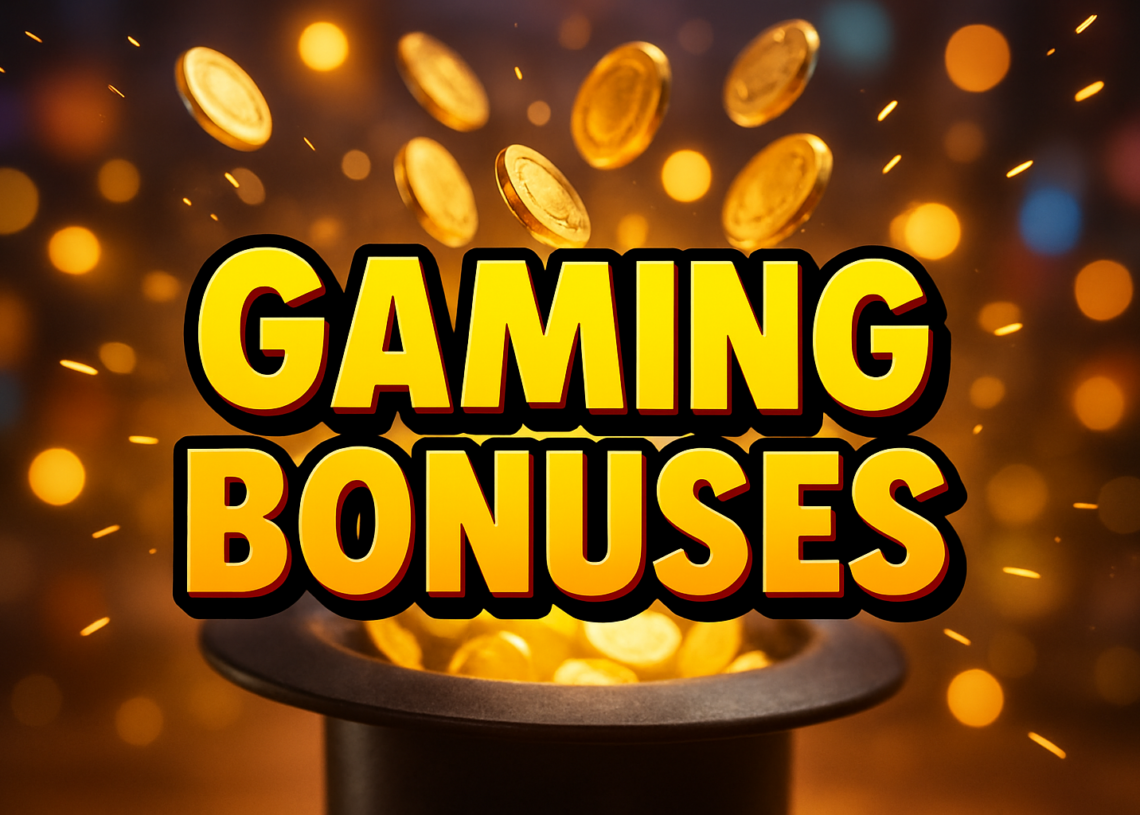Open almost any game today and it gives you something before you’ve even started playing. A few coins, a loot box, a login streak bonus. It’s not generosity, it’s design. Developers figured out that if you reward players for showing up, they’ll keep showing up. The bonus has turned from an extra into a habit.
Back in the day, a “bonus” meant a secret level or an extra life. Now it’s everywhere. Mobile games drop daily gifts, console titles hand out XP boosts, and PC platforms run endless seasonal challenges. It’s not about big wins; it’s about rhythm. That little click when you collect a reward does something to the brain as it tells you, “You’re progressing,” even if you haven’t played a single round yet.
Progress Feels Better When It’s Recognized
Games have always been about progress, but modern systems made it personal. Hit level 10 and you get a skin. Win five matches and you unlock a rare emote. These tiny bursts of acknowledgment make effort feel visible. It’s clever, but it’s also kind of honest since games are long, and players need reasons to keep climbing.
Battle passes turned this idea into a whole economy. Instead of random luck, players move along a timeline of guaranteed prizes. You know what’s coming next, and that certainty is addictive in its own way. Fortnite, Call of Duty, Valorant and other games, they’ve all mastered it. Each challenge feels like a step in a larger journey, one that restarts every few months with new reasons to care.
The Casino Echo
If some of this sounds familiar, it’s because online casinos did it first. They perfected the cycle of giving players small, consistent rewards to keep them engaged. A no deposit bonuses is the classic example of giving new players a few free credits just for signing up. Modern gaming borrowed that logic, replaced chips with XP, and turned it into an art form.
Community, Events, and the Feeling of Belonging
Rewards don’t just live inside the game anymore. Studios hand them out for being part of the community like following on social media, joining Discords, or playing during an event weekend. You show up for the Halloween update, you get a themed outfit. Celebrate the anniversary, get an exclusive banner. It’s less about luck and more about belonging. These bonuses make people feel connected. They build small histories between the player and the game. That rare outfit or weapon skin becomes proof that you were there from the start.
How Time Became Currency
Developers now even reward when you play. Double XP weekends, time-limited boosts, or “super drop” hours give players reasons to return at specific moments. It’s not just engagement; it’s scheduling. The game becomes part of your routine so it is something you need to check on social media.
Cross-platform rewards take it one step further. You link your account across devices, and suddenly the game thanks you with gifts. It’s smart business, but it also gives players a sense of continuity and their progress follows them everywhere.
Why It Works
Bonuses have become gaming’s quiet conversation. The game says, “We see you,” and players respond by logging back in. It’s not manipulation so much as gaining attention in exchange for recognition. What started as a side mechanic has become the heartbeat of modern play. Every click, every spin, every login streak builds a story between the player and the world they inhabit. It’s not about luck anymore. It’s about being noticed. And in the crowded noise of online gaming, that’s the biggest bonus of all.















































































